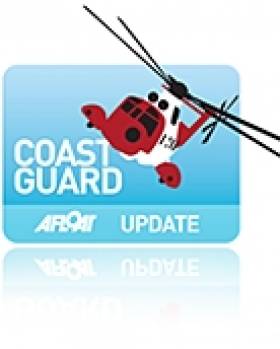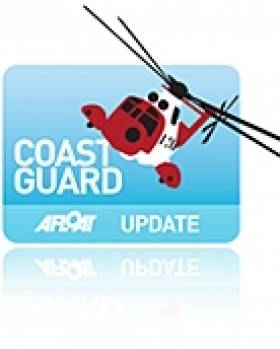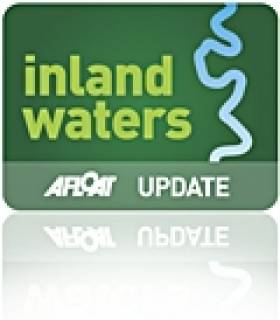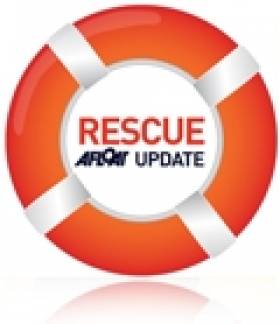Displaying items by tag: missing
Irish Vessels Asked to Keep Lookout for Missing Yacht
Ships off Ireland's south and west coasts have been asked by the French coastguard to keep a lookout for a yachtsman who has gone missing on a transatlantic voyage.
In a report that has echoes of missing yacht The Golden Eagle - which sailed into Kerry after an Atlantic crossing from Bermuda many days after schedule - RTÉ News says that the 12-metre yacht La Galatee left French Guiana on 5 August sailing for St Malo in France, but the French coastguard has lost contact with the vessel.
No air and sea searches are being considered at this time, but Irish Coast Guard stations are broadcasting alerts and requests for sightings of the yacht.
Body Found on Scottish Beach Believed to Be Missing NI Woman
The body of a woman found washed up on a beach in Scotland's Mull of Kintyre is believed to be that of Northern Irish woman Karen Coyles, who disappeared from her home in Ballycastle, Co Antrim on 11 September.
The Irish Times reports that a tourist found the body yesterday afternoon. It is believed to have been in the water for some time.
A postmortem will be carried out today on the body, the identity of which has yet to be confirmed.
A major search and rescue operation had been launched for Coyles, 47, whose car was found at McQuillan's GAA club where she is captain of the camogie team.
Search for Yacht Missing Between Bermuda and Ireland
An air and sea search operation is underway for a yacht missing en route from Bermuda to Ireland, The Irish Times reports.
The Golden Eagle has been out of contact since leaving port on 21 August. It was due to arrive with its two-man crew - a 69-year-old Norwegian and a 60-year-old New Zealander - at Crookhaven in West Cork last Thursday.
The Irish Coast Guard told the Press Association said that the Naval Service and Air Corps are involved in the search off the south west coast, and ships in the mid-Atlantic have also been asked to try to contact the yacht.
The yacht is described as being 9.8m (32ft) long, white and with a blue trim on the side.
New Search for Lifford Man Feared Drowned After Fleeing Police
A major search operation will today get under way in the Strabane area to find missing man David Calhoun, the Belfast Telegraph reports.
The 22-year-old is feared drowned after fleeing from police in the direction of the River Mourne in the early hours of Sunday 22 May. He has not been seen since.
Rescue workers and volunteers will today begin searching stretched of the Mourne and Lough Foyle for any trace of Colhoun, from nearby Lifford in Co Donegal.
Joining in the search are relatives of other missing people, such as the sisters of Limerick man Shane Moran, who disappeared near the River Shannon in January 2009.
The Belfast Telegraph has more on the story HERE.
Search Resumes for Missing Fishermen Off Skerries
The lifeboat and Coastguard search for two fishermen missing off the north Co Dublin coast has resumed this morning.
The Irish Times reports that the two men, believed to be in their 20s and 40s, were on a small open fishing boat that departed Skerries harbour around 11am yesterday (Friday 1 April). The alarm was raised at 6.30pm when they failed to return to port.
A Dublin Coast Guard spokesperson confirmed that items and debris believed to be from the missing boat were discovered during the initial search yesterday evening.
The search, involving three coastguard units, three lifeboats and a number of local vessels, was scheduled to resume at 7am this morning.
RTÉ News has more on the story - including video - HERE.

































































